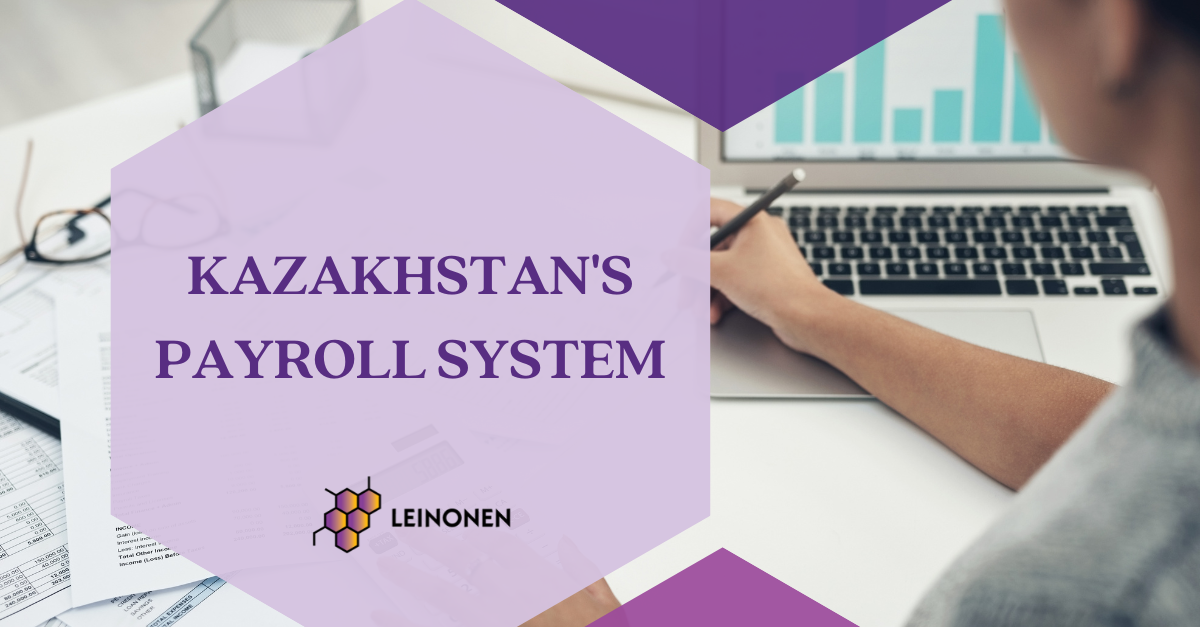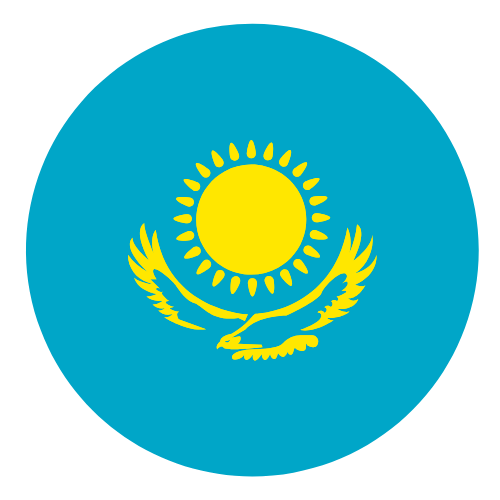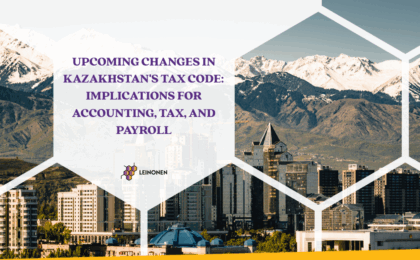Kazakhstan’s payroll system is regulated by the country’s labor law, which sets minimum employment requirements and entitlements for paid leave. The minimum monthly salary in Kazakhstan is currently set at 70,000 Kazakhstani tenge (KZT), and this serves as the basis for calculating the minimum hourly rate. Overtime work is also regulated and must be agreed upon in writing between the employer and employee.
When it comes to overtime, there are certain limitations and regulations in place. The maximum allowable overtime hours for an employee during a calendar year is 120 hours. Employees who work overtime are entitled to receive additional compensation for the extra hours worked. The rate of overtime pay should be agreed upon between the employer and employee but should be at least 1.5 times the regular hourly wage according to the Labor Code. It is important to note that overtime work should be voluntary, and employees have the right to refuse overtime without facing negative consequences.
Written agreements must be in place before an employee performs overtime work, outlining the terms and conditions, including the overtime pay rate. However, there are certain categories of employees, such as pregnant women and individuals with disabilities, who may have restrictions on working overtime for health and safety reasons. If an employee is required to work on public holidays, they are entitled to additional compensation at a higher rate than regular overtime pay.
SPECIFICS OF PAYROLL TAXES IN KAZAKHSTAN
Payroll taxes in Kazakhstan are levied on individuals, both residents and non-residents, who earn income in the country. Employers are responsible for calculating and withholding the personal income tax (PIT) from their employees’ income and remitting it to the state budget. All types of compensation paid by the employer, including salary supplements, vacation pay, commissions, and bonuses, are subject to payroll tax.
The PIT rates in Kazakhstan depend on whether the employee has submitted a salary tax declaration to the employer and their eligibility for additional tax benefits. There are also different tax rates based on the total annual income of the individual. Certain benefits provided by the employer, such as gifts and medical insurance, are taxable. Benefits in kind, like employer-provided sport activities or discounts on the employer’s products/services, are also considered part of the taxable salary.
However, there are exemptions and non-taxable benefits in Kazakhstan’s tax law. For example, meals and medical expenses covered by the employer up to a certain amount per year are not subject to taxation. Statutory compensation for incapacity to work due to physical injury or other health damage, funeral expenses paid by the employer, and specific labor protection expenses are also exempt from taxes.
Kazakhstan uses a fixed taxation rate system for personal income taxation. The tax rates differ for residents and non-residents. A non-resident of Kazakhstan for taxation purposes is an individual who does not spend more than 183 days during any 12-month period in Kazakhstan and does not have Kazakhstani citizenship, residence permit, an apartment, close relatives, or any “vital life interests” in the country. However, the tax authority prefers to classify individuals as residents of Kazakhstan whenever there is any basis to do so.
EXAMPLE OF SALARY TAX CALCULATION
To illustrate the salary tax calculation, let’s take the example of a resident of Kazakhstan with a net salary of 780. The employee’s health insurance contribution is 2%, and the personal income tax is 10%. The employee’s pension fund contribution is also 10%. This results in a gross salary of 1000 for the employee. As for the employer, they are subject to a social tax of 9.5%, a social security contribution of 3.5%, and a health insurance contribution of 2%. This makes the employer’s gross expense 1150.
Employee Net Salary: 780
Employee´s health insurance contribution 2 %
Employee´s personal income tax 10 %
Employee´s pension fund contribution 10 %
Employee Gross Salary 1000
Employer´s social tax 9,5 %
Employer´s social security contribution 3,5 %
Employer´s health insurance contribution 2 %
Employer Gross Expense 1150
For a non-resident of Kazakhstan, the salary tax calculation is slightly different. Taking the example of a net salary of 900, the personal income tax remains at 10%. This results in a gross salary of 1000 for the employee. The employer is subject to a social tax of 9.5%, making the employer’s gross expense 1095.
Employee Net Salary 900
Employee´s personal income tax 10 %
Employee Gross Salary 1000
Employer´s social tax 9,5 %
Employer Gross Expense 1095
It’s important to note that these calculations are a simplified version of the Kazakhstani salary tax system, and there may be certain exceptions that apply in specific cases.
Overall, Kazakhstan’s payroll system ensures compliance with labor laws, including equal pay for men and women, minimum salary levels, and entitlements for paid leave. Employers are responsible for adhering to these regulations, calculating and withholding payroll taxes, and providing the necessary documentation and agreements when dealing with overtime work. By understanding and implementing these payroll policies effectively, both employers and employees can ensure a fair and transparent compensation system in Kazakhstan.
As is the case in virtually every country, Kazakhstan have their own unique set of laws and regulations governing the payment of wages to individuals. If you are doing business in the country, you will need to have a strong understanding every one of these laws and regulations. Considering the numerous requirements that affect everything from employee contracts to social taxes, direct deposits of wages into bank accounts and mandatory benefits in the event an employee is temporarily unable to work, it’s vital you have someone on your side with experience. In Kazakhstan, your best choice is Leinonen.





